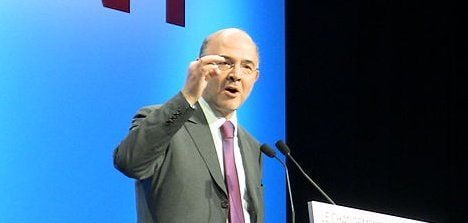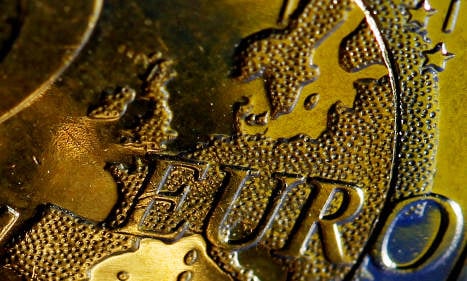German Finance Minister Wolfgang Schäuble and Spain’s Luis de Guindos were both expected in the French capital and would be joined by either Italian Prime Minister Mario Monti, who is also serving as finance minister, or deputy finance minister Vittorio Grilli, Moscovici told France Info.
European Economic Affairs Commissioner Olli Rehn would also attend the meeting, which marked “an active preparation phase of the summit” of EU leaders that begins on Thursday in Brussels, Moscovici said.
The Paris meeting follows one by the same four major eurozone countries on Friday in Rome, during which their leaders called for a plan worth up to €130 billion ($170 billion) to support growth in the crisis-hit 17-nation bloc.
On Wednesday, French President François Hollande is to host German Chancellor Angela Merkel to look for common positions ahead of the EU summit.



 Please whitelist us to continue reading.
Please whitelist us to continue reading.
Member comments